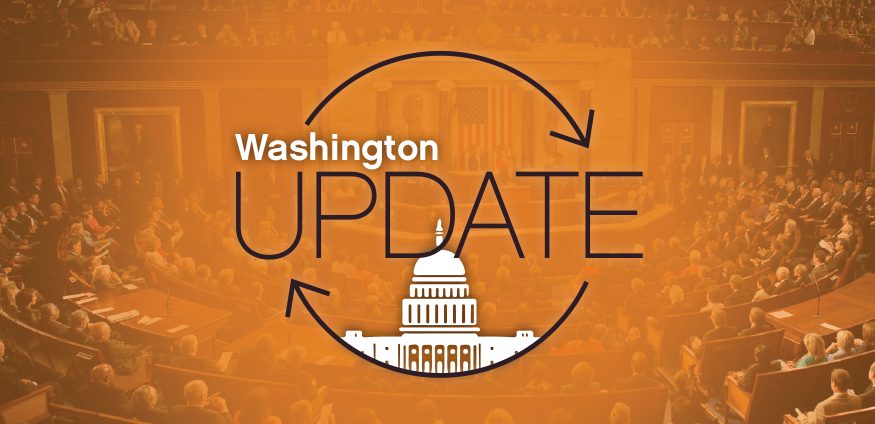Farm Bill
The House Agriculture Committee introduced its draft of the 2018 Farm Bill (H.R. 2) last week. While the bill maintains and improves international food aid programs, it unfortunately contains several alarming Supplemental Nutrition Assistance Program (SNAP) proposals.
Supplemental Nutrition Assistance Program (SNAP) Provisions
- The draft bill proposes tightening eligibility rules, imposing stricter work requirements on SNAP recipients, and increasing investments for employment and training programs.
- These proposed changes to SNAP will put millions of women, children, and families at risk of hunger.
- The bill proposes weakening categorical eligibility requirements that make it easier for families to access the program. The changes to categorical eligibility will make it more cumbersome for families to apply for SNAP benefits, and exacerbate the threat of a “benefit cliff” wherein low-income families would lose their food assistance if their earnings increase slightly.
- The bill also expands tight work restrictions on SNAP recipients, imposing them on individuals who have school-aged children and all individuals aged 18-59. Under this proposal, individuals aged 18-59 must either work or be in an approved training program for at least 20 hours a week. Despite increased funding for employment and training, the level of funding for these programs would still not allow for job training that would actually get people into jobs.
- The bill would also limit the ability of states to waive these requirements (for instance, to protect vulnerable populations such as youth aging out of foster care, or in regions with high unemployment rates), while also requiring them to develop expensive training programs and tracking systems without adequate additional funding.
International Food Assistance Provisions
- We are pleased with three important new provisions: maintenance of the flexibilities provided in the 2014 Farm Bill, elimination of the monetization requirement in Food for Peace, and allowance for the Community Development Fund to count toward non-emergency programs.
- These small but significant efforts will increase the efficiency and effectiveness of the Food for Peace Program.
The House Agriculture Committee plans to mark up the farm bill on Wednesday, April 18. Meanwhile, leaders of the Senate Agriculture Committee are promising a bipartisan farm bill. Sens. Pat Roberts (R-KS) and Debbie Stabenow (D-MI), chairman and ranking member respectively, of the Senate Agriculture Committee released a joint statement last week stating that the Senate version of the farm bill will be a bipartisan bill.
Budget and Appropriations (2018 Offering of Letters)
- The fiscal year 2019 appropriations process continues to move forward. Both House and Senate chairmen have said that they want to get through this election year with maximum bipartisanship, minimum drama, and no shutdowns.
- The Trump administration has indicated they plan to look for budget savings by proposing spending cuts, or rescissions, to the fiscal year 2018 omnibus. We have yet to see a proposal, but House Freedom Caucus Chairman Mark Meadows (R-NC) has said he expects a serious proposal of $10 billion to $20 billion in cuts.
- There is concern that the cuts could come from the international affairs budget and the international development and humanitarian accounts.
- The bipartisan leadership of the appropriations committees don’t believe any rescissions package would get enough votes to pass. Bread will continue to monitor.
Global Food Security Reauthorization Act
- The House Foreign Affairs Committee will mark up the Global Food Security Reauthorization Act (H.R. 5129) on Tuesday, April 17. Bread strongly supports the legislation.
- The bill maintains the authorization at the fiscal year 2016 level for another two years while securing Congress’s ability to conduct rigorous oversight.
Act Now!
The draft House Farm Bill maintains and improves international food aid programs. However, it also proposes changes to the Supplemental Nutrition Assistance Program (SNAP) that would put millions of Americans at risk of hunger. Call (800-826-3688) or email your representative and tell them to protect SNAP and oppose the House Farm Bill as written. Ask them to write a farm bill that helps put the United States on track to end hunger in our country and save millions of lives overseas.



